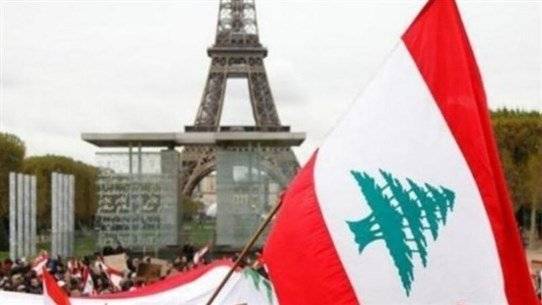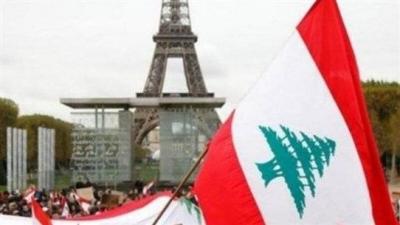Between Paris, Washington, and Riyadh, the intersections of roles revolve around the presidential office. To this day, the U.S.-Saudi-French statement remains a topic of discussion and analysis regarding its contents and the potential candidates linked to it. Both the Saudi and French officials are actively engaging through their ambassadors in Lebanon to communicate and gauge the sentiments regarding the imminent president and the candidates, while the U.S. ambassador has been notably absent from the forefront. Compared to its previous role, France's influence has diminished; it no longer possesses the key to the electoral process nor specific candidates it favors. It does not veto the nomination of Sleiman Franjieh but has yet to announce support for him. Conversely, there is an effort to glean sentiments around the candidacy of Army Commander Joseph Aoun.
Informed political sources assert that there is no clear French initiative or activity based on specific principles but rather a vague indication of France's reluctance to endorse a confrontational president, regardless of who the candidate may be. Almost daily, Patrick Durel, an advisor to the French presidency, receives calls from political officials seeking to understand France's position on the presidential election. Meanwhile, French Ambassador Anne Grillo continues to visit leaders and heads of parliamentary blocs in Lebanon to gauge the presidential climate. No clear presidential data or confirmed candidate names exist; the movement appears aimed solely at confirming the election of a president within the constitutionally mandated timeframe. The joint Saudi-French-American statement affirms this point specifically, but getting into the specifications complicates matters in light of the statement's call for a president who adheres to international resolutions. The statement has created confusion and complicated the task for candidates while constraining their steps and the international conditions for their success.
From what the French ambassador conveys in her meetings, it seems that the French are trying to regain a role in the Lebanese presidential file and wish to promote a Saudi role in the process. It is expected that candidate names for the presidency will start to crystallize as the constitutional date approaches. Until then, each party retains its cards, including Hezbollah, which will handle this round differently. They insist on not announcing a candidate to avoid an American or Saudi veto on names. However, once a session for electing the president is scheduled in the Parliament, they will vote for one of the proposed names, which will likely include allied candidates who have been prepared for this eventuality.
Internal factors also play a role in this round. Concerned political sources believe the primary electoral power in Lebanon is not the French role but rather the internal Lebanese situation. Once Hezbollah has made its decision and clarified its choice, this will be a critical point, supported by the Free Patriotic Movement and the party's Sunni allies in Parliament. Meanwhile, Saudi efforts are underway to form a Sunni bloc of deputies who do not align with established parties. Nothing is clear yet beyond the prevailing void being the largest electoral force; otherwise, there is merely movement from "afar to afar," in which Hezbollah has not invested heavily, while the serious candidate Sleiman Franjieh seems unhurried and accommodating, acknowledging that his election depends on a certain condition when the time is right for what he desires.
The world is preoccupied with pressing matters, including the U.S. and its confrontation with Russia, France and its energy security concerns, Iran's internal situation, and the stalled Iranian-U.S. nuclear agreement. The presidential election seems to be dissolving amid all this, diminishing the importance of electing a president in Lebanon as a global or regional priority. If the involved countries cannot facilitate the election of a president aligned with their policies, at the very least, they should ensure a political-security status quo and support the government and its president, who has shown remarkable presence in New York and knows how to pave the way for a government with presidential powers.




